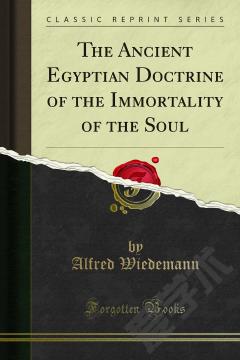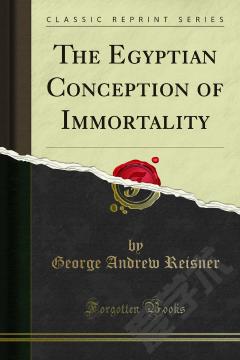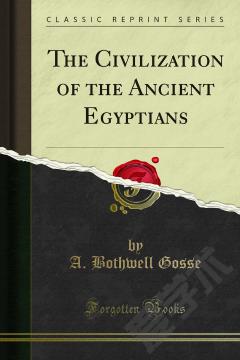The Ancient Egyptian Doctrine of the Immortality of the Soul
Even in Pyramid times Osiris had already attained pre-eminence; he maintained this position through out the whole duration of Egyptian national life, and even survived its fall. From the fourth century b.c. He, together with his companion deities, entered into the religious life of the Greeks; and homage was paid to him by imperial Rome. Throughout the length and breadth of the Roman Empire, even to the remotest provinces of the Danube and the Rhine, altars were raised to him, to his wife Isis, and to his son Harpocrates; and wherever his worship spread, it carried with it that doctrine of immor tality which was associated with his name. This Osirian doctrine influenced the systems of Greek philosophers; it made itself felt in the teachings of the Gnostics; we find traces of it in the writings of Christian apologists and the older fathers of the Church, and through their agency it has affected the thoughts and opinions of our own time.
{{comment.content}}








 京公网安备 11010802027623号
京公网安备 11010802027623号